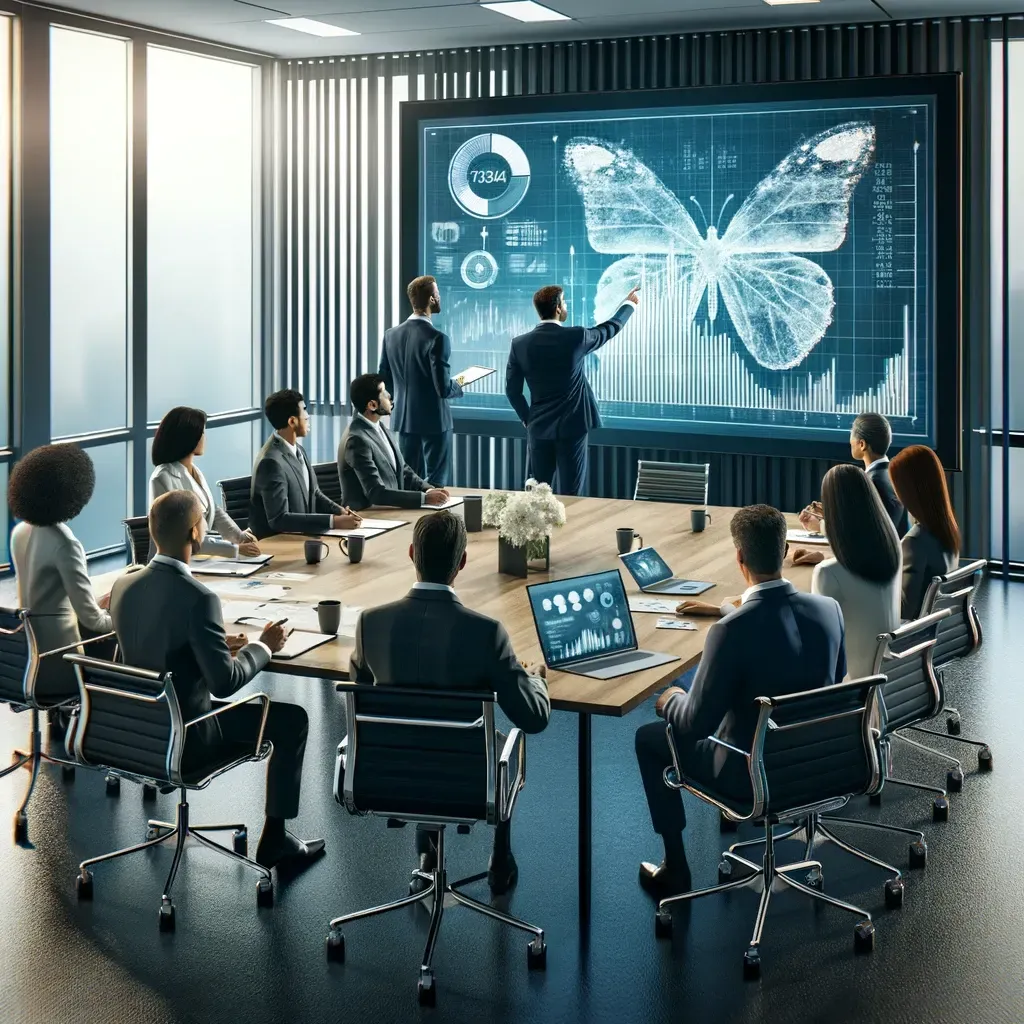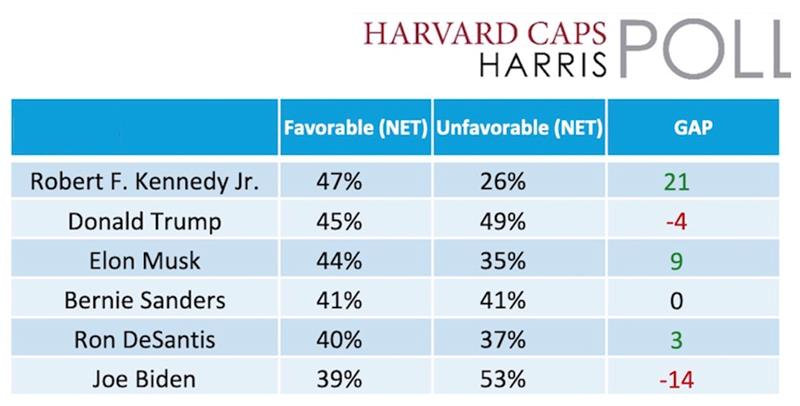Imagine sitting down with your grandmother, her first smartphone clutched in her hands, and the shared frustration as you try to explain, once again, how to send a text message. This situation, filled with exasperation and resistance, is not unique to our personal lives. It paints a familiar picture of the challenges we face in the contemporary, multi-generational workplace.
With the workforce spanning from Baby Boomers to Gen Z, generational resistance to change is increasingly prevalent. It's become a formidable barrier stifling innovation and growth (Deal & Levenson, 2020). As the need for change in business becomes more critical, how can leaders navigate through this resistance? The answer lies within the realm of empathy and transformative leadership.
The Complexity of Generational Resistance
The resistance to change is not an obstinacy or stubbornness but a deeply rooted discomfort with the unknown, an instinctive yearning for the familiar and tested paths (Oreg, Vakola, & Armenakis, 2011). This resistance manifests in multiple ways across different generations.
Baby Boomers, raised in a more traditional, hierarchical work environment, might resist the shift towards more flexible, technology-driven work models. In contrast, Gen Z might resist the very hierarchies that Boomers are comfortable with, preferring a more egalitarian and collaborative work environment (Twenge, 2010). As leaders, it's essential to understand these nuances and adapt our leadership styles accordingly. And this is where empathy comes into play.
The Power of Empathy in Leadership
Empathy is the ability to understand and share the feelings of others. It's more than just an intellectual understanding – it's about sharing emotions, stepping into the shoes of others (Morgan, 2014). Leaders who display empathetic behaviors are more likely to foster an environment of trust, openness, and mutual respect, all of which are conducive to reducing resistance to change (Kotter & Schlesinger, 2008).
Moreover, empathy allows leaders to identify the specific concerns and anxieties of different generations, enabling them to address these concerns effectively. For instance, introducing a new technology into the workplace may invoke fear and apprehension among Baby Boomers, who might feel left behind or obsolete. However, a leader who can empathize with these feelings will take the time to understand these anxieties, provide necessary training, and reassure them of their value, irrespective of their pace of adaptation.
On the other hand, when dealing with Gen Z, the same change can be presented as an opportunity for collaborative problem-solving and innovation, aligning with their inherent proclivity for teamwork and creativity (Twenge, 2010).
How to Implement Empathy in Leadership: Practical Approaches
Implementing empathy in leadership is more than just a theoretical construct; it requires active engagement, dialogue, and inclusivity. Here are three practical approaches that leaders can adopt:
1. Fostering Dialogue: Encourage open conversations about changes within the organization. This includes understanding individual concerns, offering explanations, and providing reassurance. A culture of dialogue bridges the gap between generations and fosters a shared understanding of the need for change (Morgan, 2014).
2. Validating Emotions: Acknowledge the discomfort that change might bring and reassure team members
that their feelings are important and considered. This approach fosters an environment of psychological safety, reducing the fear and anxiety associated with change (Edmondson, 1999).
3. Implementing Inclusive Decision-Making: Include team members in the change process. This approach not only makes them feel valued but also part of the solution rather than victims of the change. Involving employees in decision-making can significantly reduce resistance, foster a sense of ownership, and drive commitment towards the change (Lines, 2004).
The Result of Empathetic Leadership: Transformation and Growth
When leaders embrace empathy, they not only address generational resistance to change but also foster an environment that welcomes change. Empathetic leaders recognize that each individual brings unique experiences and perspectives, which, when leveraged effectively, can lead to creative solutions and innovation.
Moreover, empathy in leadership also leads to increased job satisfaction, lower turnover rates, and higher employee engagement (Goleman, Boyatzis & McKee, 2013). By understanding and addressing the concerns of different generations, empathetic leaders create a supportive work environment that fosters personal and professional growth.
Navigating generational resistance to change, just like teaching your grandmother how to use a smartphone, requires patience, understanding, and empathy. Empathetic leadership might not be the easiest path to tread, but it is indeed the most rewarding. By fostering empathy, leaders can create an inclusive, adaptable, and forward-thinking organizational culture, where change is not feared but embraced. As the adage goes, people will forget what you said, and they might even forget what you did, but they will never forget how you made them feel.
References
Deal, J., & Levenson, A. (2020). *What Millennials want from work: How to maximize engagement in today's workforce.* McGraw-Hill Education.
Edmondson, A. (1999). Psychological safety and learning behavior in work teams. *Administrative Science Quarterly, 44*(2), 350-383.
Goleman, D., Boyatzis, R. E., & McKee, A. (2013). *Primal leadership: Unleashing the power of emotional intelligence.* Harvard Business Press.
Kotter, J.P., & Schlesinger, L.A. (2008). Choosing strategies for change. *Harvard Business Review, 86*(7), 130.
Lines, R. (2004). Influence of participation in strategic change: resistance, organizational commitment and change goal achievement. *Journal of Change Management, 4*(3), 193-215.
Morgan, J. (2014). *The future of work: Attract new talent, build better leaders, and create a competitive organization.* Wiley.
Oreg, S., Vakola, M., & Armenakis, A. (2011). Change recipients’ reactions to organizational change: A 60-year review of quantitative studies. *The Journal of Applied Behavioral Science, 47*(4), 461–524.
Twenge, J. M. (2010). *Generational changes and their impact in the classroom: Teaching Generation Me.* Medical Education, 44(5), 398-405.














